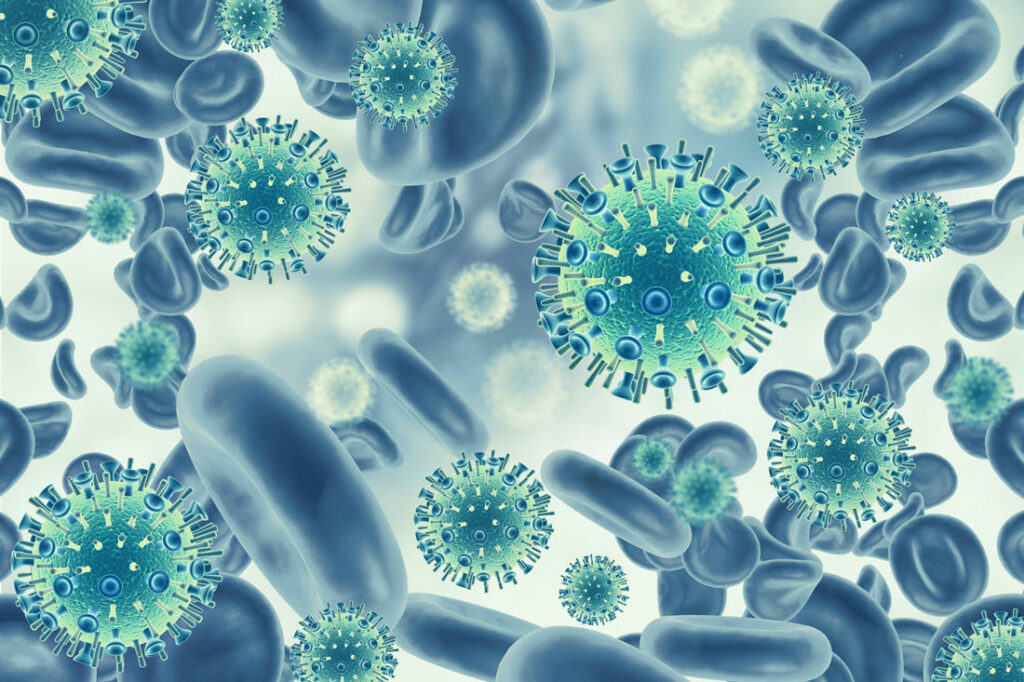What It Means to Develop Antibodies to Biologics
The use of biologic therapies for treating different autoimmune inflammatory diseases is rising, and there is a good reason behind this.
Biologic drugs help enhance outcomes for 60-70% of patients deemed good candidates by their doctors. However, the therapy response is inadequate for a substantial portion of patients, but this should not discourage you from pursuing other biologic options.
Watch the video: What It Means to Develop Antibodies to Biologics
How To Know if Your Biologic is Working
Biologics work differently than other traditional therapies. Because they treat the underlining cause of inflammation, their effects can take a little longer to become noticeable.
Your doctor will monitor and assess your reaction to treatment. After 12-16 weeks of treatment, your doctor can determine if your response is adequate or if changes in dosage are required. If, after changing your dosage, your response to treatment is still not satisfactory, your doctor may prescribe a different biologic.
For some patients, their biologic may become ineffective after a while. This reversal typically occurs six months after starting treatment. While there are different reasons why your biologic therapy stops working, the most common is the formation of antibodies against the drug.
As mentioned before, biologics medications use proteins from living organisms to target different parts of your immune system, especially those responsible for inflammation.
Because of their composition, treatment complications like developing antibodies can arise. These antibodies affect how well the drug treats your condition and sometimes can even render the medication useless.

How Anti-Drug Antibodies Interact with Your Biologic Therapy
Most biologics can lead to the development of anti-drug antibodies (ADAbs). However, the risk differs for each medication and patient, as everyone responds differently to treatment.
What is true for everyone is that developing ADAbs influences the effectiveness of the therapy. Anti-drug antibodies can interfere with your biologic treatment in different ways:
- It can reduce the medication’s half-life. A half-life is how long it takes the drug to clear from your body; the shorter the half-life, the less effective the medicine becomes
- It can decrease the activity and effectiveness of the drug by blocking the molecule responsible for targeting the inflammatory response
- It can cause allergic reactions and other adverse side effects, reducing tolerance and drug retention
Ways to Deal With Anti-Drug Antibodies
Working closely with your healthcare team can help identify the formation of anti-drug antibodies and modify your treatment strategy accordingly.
When you first start on biologics, your doctor will monitor your response to determine if you are on the correct dosage and to see if you develop antibodies. This is known as therapeutic drug monitoring.
It’s not uncommon for your doctor to try different dosages until they find the one that provides you with the most benefits. If this doesn’t work, then they may test you for ADAbs.
When anti-drug antibodies are present, your doctor may introduce a co-therapy to help lower the number of antibodies. In addition, steroids like methotrexate can help prevent the development of
Living with stress is a commonality among chronic disease patients. Starting with the initial diagnosis, causing shock, grief, and anger to the day-to-day uncertainty of what new challenges their condition might bring and the frustration of being misunderstood by friends and family.
These feelings are not evidence of having a mental health disorder. On the contrary, they are typical and expected. However, when experienced for extended periods, they add psychological stress to the already high levels of physical stress, increasing the risk of developing severe mental health conditions.
Your doctor may also recommend a drug holiday and restart treatment with the same biologic later. One study found that reinitiating biologic therapy after a 15-month discontinuation period provided benefits for 70% of patients.
However, restarting treatment with the same biologic after developing antibodies against it may not be possible for some patients due to the risk of adverse effects. In these cases, your doctor may prescribe a different biologic.
If you have an autoimmune disease and your doctor prescribed biologic therapy to help control your disease progression, you need to share any symptoms you are experiencing with them. These can be directly related to your condition or the side effects of your treatment.





